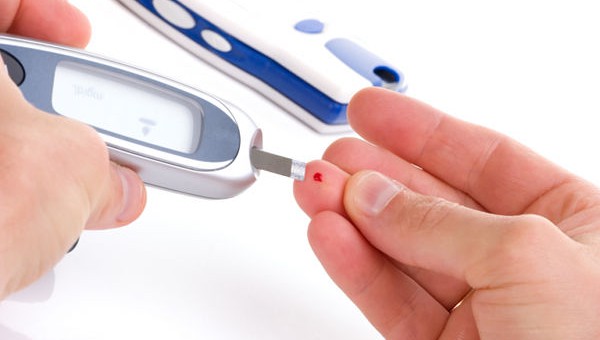
Even moderately high blood sugar is associated with a significantly increased risk of developing cancer, according to a new study published in the journal Diabetologia.
To reach their conclusions, the researchers conducted a review of 16 published studies that included nearly 900,000 participants from several countries. They found that the risk of developing cancer is 15 percent higher in people with prediabetes, a condition characterized by having abnormally high blood sugar levels but not high enough to be classified as diabetes.
After the researchers accounted for high body mass index (BMI), which is an indicator of obesity and a risk factor for both prediabetes and cancer, they found that prediabetes was linked with a 22 percent higher risk of cancer.
Looking at specific types of the disease, the team found that prediabetes increased the risk of cancers of the stomach, colon, liver, pancreas, breast and endometrium, but did not appear to affect the risk of developing cancers of the lung, prostate, ovary, kidney or bladder.
According to a 2012 report from the Centers for Disease Control and Prevention, about 86 million people in the U.S., or more than 1 in 3 Americans, have prediabetes, and another 29 million people have Type 2 diabetes. If left untreated, about 15 to 30 percent of people with prediabetes will go on to develop full-blown diabetes within five years.
The percentage of people who have prediabetes has been on the rise, too: In the U.S., 36 percent of adults were found to have prediabetes from 2007–2010, up from 29 percent from 1999–2002. “Many other countries, both developed and developing, are also seeing steep rises in the number of people with both full-blown Type 2 diabetes and prediabetes,” the researchers said.
Of the studies included in the review, four were from Asia, 11 were from the United States and Europe, and one was from Africa.
The researchers found that the risk was highest for liver, endometrial, stomach and colon cancer: People with prediabetes were about twice as likely to develop liver cancer, 60 percent more likely to develop endometrial cancer and 50 percent more likely to develop stomach or colon cancer, compared to people without the condition. The condition was also linked with about 20 percent higher risk for developing breast cancer, the team found.
Several possible mechanisms could explain why high blood sugar is linked with cancer risk, the researchers said. For example, people with high blood sugar have increased resistance to the hormone insulin, which can result in higher secretion of insulin-like proteins that also promote growth of cancer cells. It is also possible that people with some genetic variations are more likely to develop both prediabetes and cancer, the researchers said.
For people with prediabetes, eating a healthy diet and exercising regularly can lower the risk of progressing to diabetes, the CDC says. For people who already have diabetes, recommended treatments include increasing activity and changing diet, and taking insulin and oral medications to lower blood sugar levels.
